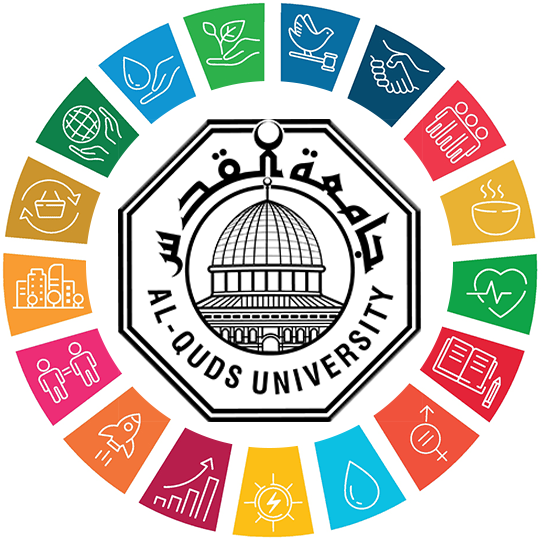4.7K
- Home
- SDGs Research
- Race to Zero
- Climate Action
- Zero Water Consumption!
- The 17 SDGs
- SDG 1: No Poverty
- SDG 2: Zero Hunger
- SDG 3: Good Health and Well-being
- SDG 4: Quality Education
- SDG 5: Gender Equality
- SDG 6: Clean Water and Sanitation
- SDG 7: Affordable and Clean Energy
- SDG 8: Decent Work and Economic Growth
- SDG 9: Industry, Innovation, and Infrastructure
- SDG 10: Reduced Inequalities
- SDG 11: Sustainable Cities and Communities
- SDG 12: Responsible Consumption and Production
- SDG 13: Climate Action
- SDG 14: Life Below Water
- SDG 15: Life on Land
- SDG 16: Peace, Justice, and Strong Institutions
- SDG 17: Partnerships for the Goals
- Environmental Sustainability Office
- Al-Quds University
- Blog
@2025 - All Right Reserved. Al-Quds University
